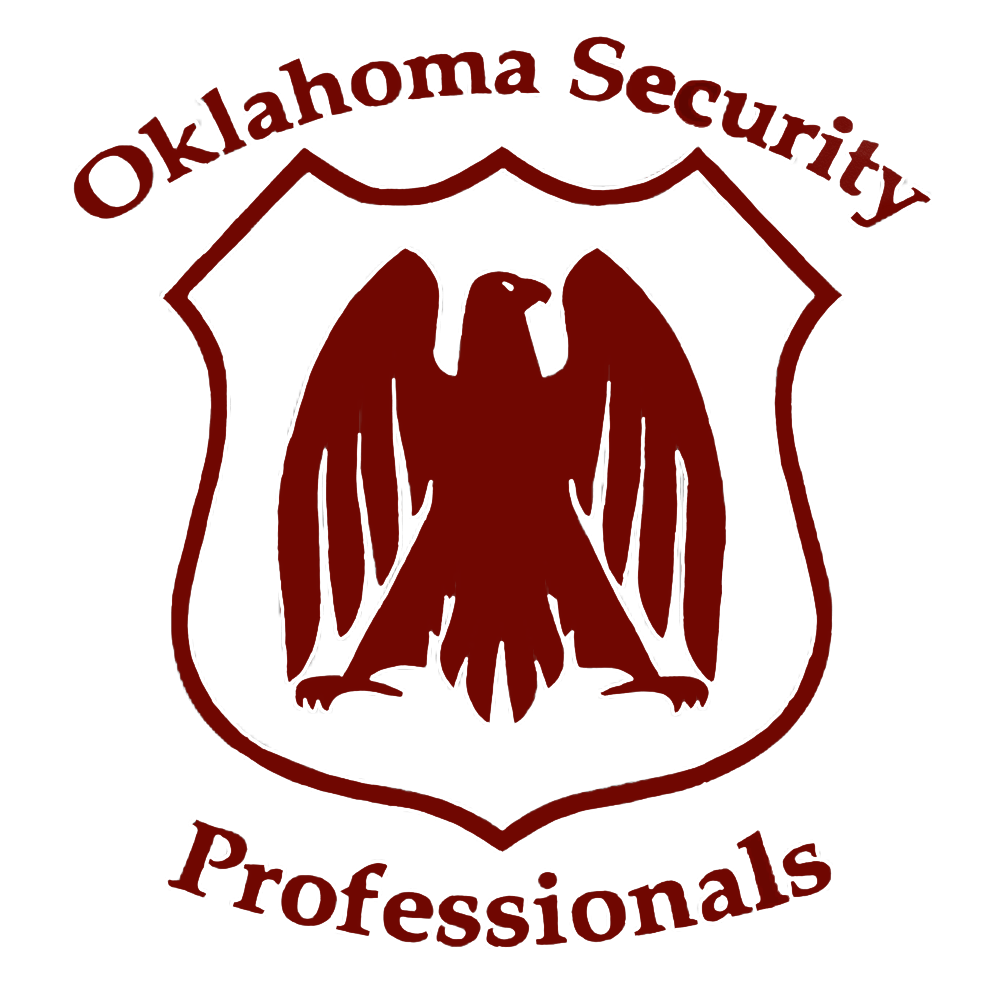So, you’ve probably seen security officers around various establishments, but have you ever wondered what exactly their role entails? Well, let’s shed some light on this essential profession. Security officers are not just uniformed guards; they are trained to handle a myriad of security challenges and are the first line of defense against potential threats. But what specific tasks do they perform, and how do they ensure the safety of the premises they protect? Let’s dive into the world of security officers and explore the critical functions they fulfill in safeguarding people and property.
Key Responsibilities of Security Officers
Security officers play a critical role in safeguarding properties and ensuring the safety of individuals through a range of key responsibilities. One primary duty is conducting regular patrols to monitor activity and identify any potential security risks. These patrols involve inspecting doors, windows, and gates to guarantee they’re secure and detecting any signs of unauthorized access. Security officers are also responsible for maintaining detailed logs of their patrols, noting any incidents or irregularities they encounter.
Another essential responsibility of security officers is to respond promptly to any alarms or calls for assistance. This includes investigating the cause of alarms, such as potential break-ins or safety hazards, and taking appropriate action to address the situation.
Additionally, security officers often monitor surveillance cameras and security systems to proactively identify and prevent security breaches. By staying vigilant and attentive, security officers help deter criminal activity and ensure a safe environment for all individuals within the premises.
Importance of Security Officer Training
Effective training for security officers is essential to equip them with the necessary skills and knowledge to fulfill their duties competently and ensure the safety and security of the premises. Security officer training covers a wide range of topics, including emergency procedures, first aid, conflict resolution, legal aspects of security, and technology usage.
Without proper training, security officers may not be equipped to handle critical situations effectively, potentially putting lives and property at risk.
Comprehensive training programs also help security officers understand the importance of confidentiality, professionalism, and ethical behavior in their roles. By providing them with the tools to assess threats, communicate effectively, and respond appropriately to incidents, training enhances the overall effectiveness of security operations.
Additionally, ongoing training ensures that security officers stay up-to-date with the latest security trends, technologies, and best practices, enabling them to adapt to evolving security challenges effectively. Ultimately, investing in quality training for security officers is crucial for maintaining a safe and secure environment.
Types of Security Officer Roles
In the realm of security operations, various distinct roles exist for officers to fulfill within an organization. Security officers can be classified into different types based on their responsibilities and areas of expertise.
The first type is the patrol officer, whose primary duty is to conduct regular checks of designated areas to ensure the security of the premises.
Then, there are surveillance officers who monitor security cameras and alarms to detect any suspicious activities.
Another crucial role is that of the access control officer, who manages entry and exit points, ensuring that only authorized personnel enter the premises.
Additionally, some security officers specialize in crisis management, responding to emergencies such as fires, medical incidents, or security breaches.
Finally, executive protection officers are responsible for safeguarding high-profile individuals.
Understanding the various types of security officer roles is essential for organizations to deploy the right personnel in the appropriate positions to maintain a comprehensive security strategy.
Necessary Skills for Security Officers
Possessing a diverse set of skills is crucial for security officers to effectively carry out their duties and responsibilities. Firstly, strong communication skills are vital for security officers to interact with individuals from various backgrounds and effectively convey information.
Additionally, attention to detail is essential in observing and reporting any suspicious activities or security breaches accurately. Problem-solving skills are also necessary for security officers to handle unexpected situations calmly and efficiently.
Furthermore, physical fitness is important as security officers may need to patrol large areas on foot and respond swiftly to emergencies. Technical proficiency in operating security equipment such as CCTV cameras and metal detectors is increasingly valuable in the modern security landscape.
Moreover, having a solid understanding of security protocols and procedures is fundamental for ensuring a safe environment for all. Lastly, the ability to remain composed under pressure and make quick decisions is a skill that distinguishes exceptional security officers.
Mastering these skills can greatly enhance a security officer’s effectiveness in safeguarding people and property.
Advantages of Hiring Security Officers
Hiring security officers provides numerous advantages for businesses and organizations seeking to enhance their overall safety and security measures. One key benefit is the deterrence of potential crimes. The presence of security officers acts as a visible deterrent to criminals, reducing the likelihood of theft, vandalism, or other security breaches.
Additionally, security officers are trained to respond quickly and effectively in emergency situations, mitigating risks and ensuring a prompt resolution to any security issues that may arise.
Moreover, security officers can provide a sense of safety and peace of mind for employees, customers, and visitors. Knowing that trained professionals are on-site to handle security concerns can boost morale and productivity within the organization.
Security officers also play a crucial role in monitoring surveillance systems, conducting regular patrols, and implementing security protocols, thereby maintaining a secure environment.
Conclusion
Congratulations! You now know what a security officer does. Remember, their extensive training and skills are crucial in maintaining safety and security.
So next time you see a security officer patrolling the area, know that they’re there to protect and serve. It’s ironic how their presence provides a sense of security, yet their job is to handle potential threats.
Stay safe and appreciate the hard work of these unsung heroes.
